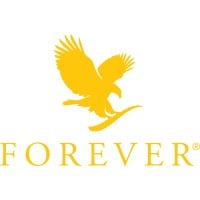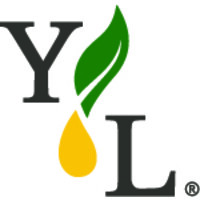Young Living Essential Oils
1538 West Sandalwood Drive, Lehi, Utah, 84043-9572, US
Last Update: 2025-11-27
Through the painstaking steps of our proprietary Seed to Seal® production process, we produce the best, most authentic essential oils in the world. We are committed to providing pure, powerful products for every family and lifestyle, all infused with the life-changing benefits of our essential oils. Our community of wellness started small in 1993, when D. Gary Young and Mary Young developed their first organic herb farming and distillation operation. At the time, Gary Young had already discovered the incredible power of essential oils, but because the quality of available oils varied so greatly, he’d been unable to fully harness their potential. Mary’s previous experience in the direct-selling industry enabled the Young's to fulfill their vision and establish a business that would empower its members to share truly pure essential oils with the world. After establishing Young Living in 1994, the Young's developed more farmland in Utah and Idaho and began cultivating lavender, peppermint, melissa, clary sage, and many other herbs. Fueled by a growing demand for top-quality essential oils, Young Living designed and built the largest, most technologically advanced essential oil distillery in North America. In harmony with these efforts, Young Living developed its groundbreaking Seed to Seal® process, which preserves the integrity and potency of essential oils through every step of the production process. Headquartered in Lehi, Utah, with offices in Australia, Europe, Canada, Japan, and Singapore, as well as farms around the world, Young Living stays true to the Young's original vision. With our steadfast commitment to essential oil purity, we’ve inspired millions of people everywhere to experience nature's gifts of wellness, to create abundance as Young Living members, and to discover new opportunities for lifelong transformations.
NAICS: 71394
NAICS Definition: Fitness and Recreational Sports Centers
Employees: 12,442
Subsidiaries: 0







